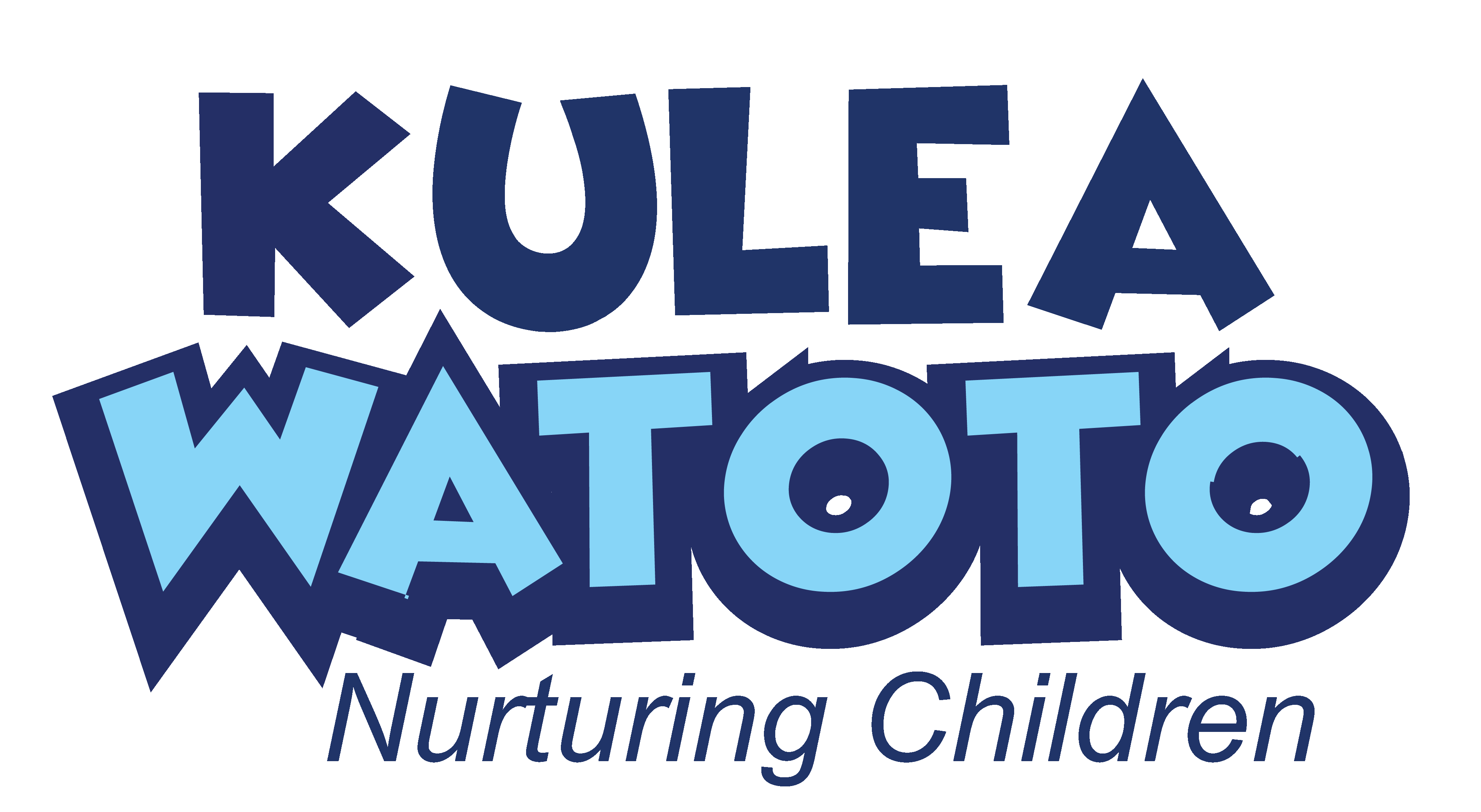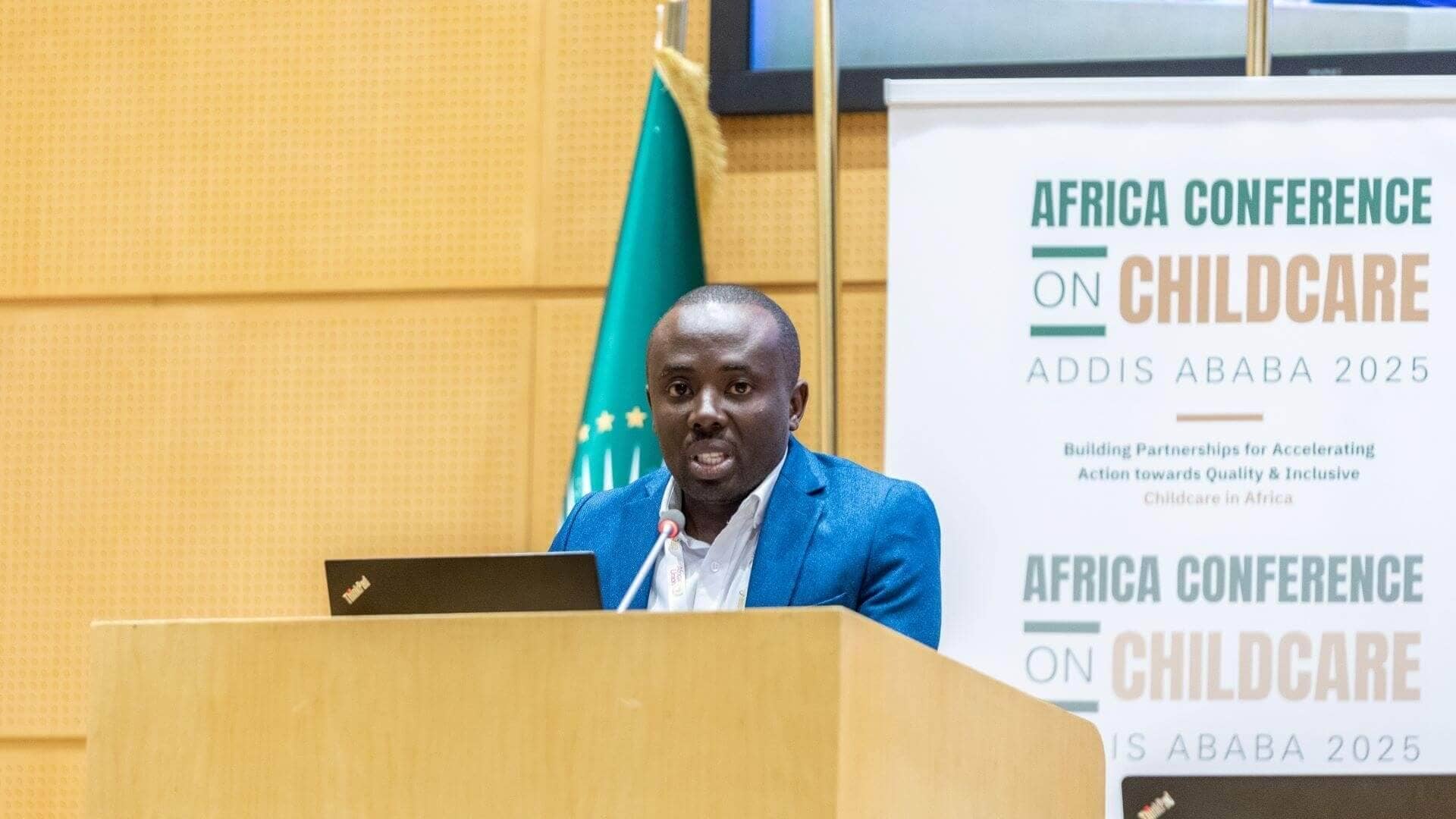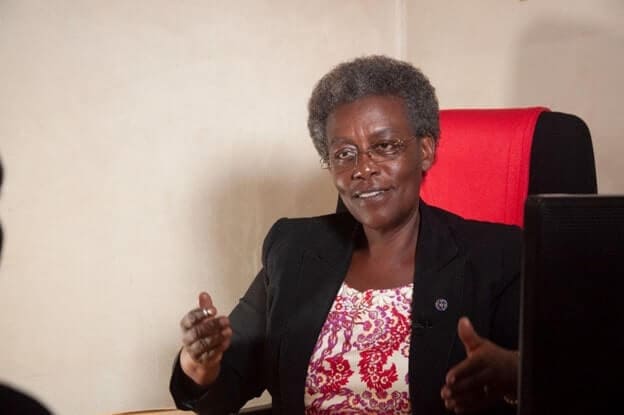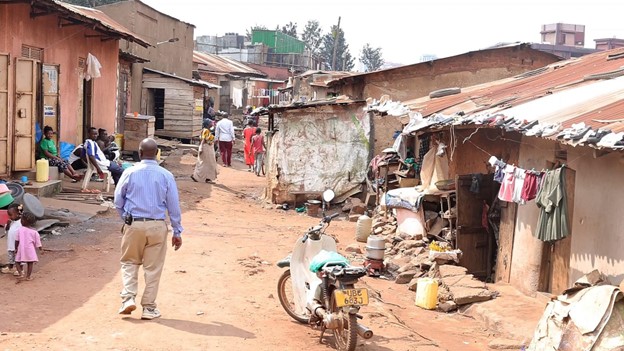Children Speak Out Ahead of Day of the African Child
Children Speak Out Ahead of Day of the African Child
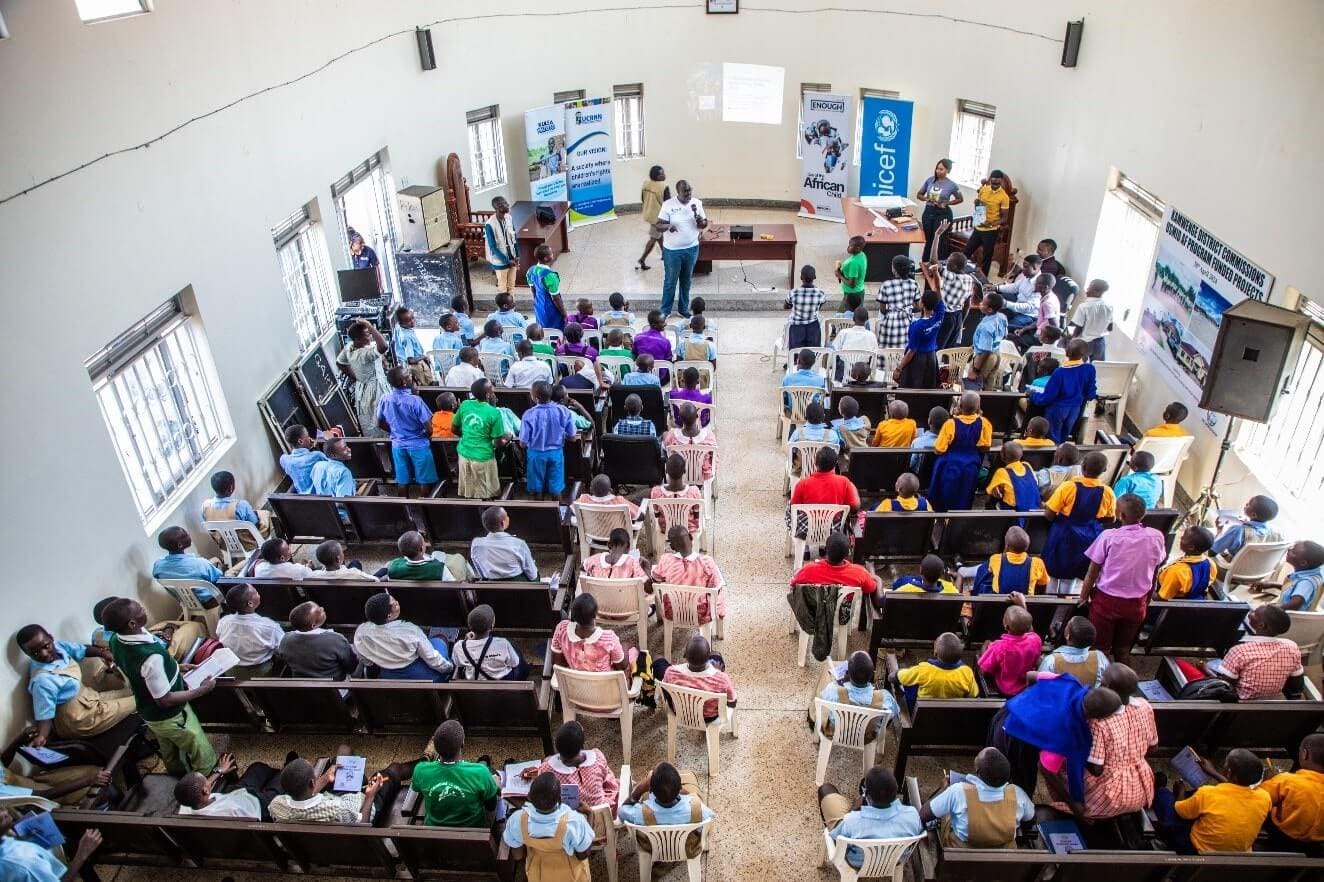
A Children's Parliament session in progress at the Kamwenge District Local Government chambers. During the deliberations, children called for 10% of the national budget to be allocated specifically to their needs—3% for education, 4% for child protection, and 3% for childcare and welfare services.
Kamwenge, June 15, 2025 – Children from Kamwenge District, including both host and refugee communities, came together today for a special National Children’s Dialogue as part of the pre-events leading up to the Day of the African Child celebrations.
Held at the Kamwenge District Headquarters, the dialogue gave children a platform to share their views, experiences, and ideas under the theme: “Planning and Budgeting for Childcare and Protection in Uganda: Progress since 2010.”
During the session, the children learned about their rights and responsibilities, the importance of budgeting and planning, and how these processes affect their lives at home, in school, and in the wider community. They reflected on the history of the Day of the African Child, which began in Soweto, South Africa, in 1976 when children stood up for their right to education.
Led by officials from the Ministry of Gender, Labour and Social Development (MGLSD), the children broke into small groups to discuss what has changed in budgeting and planning for children’s services. They gave personal examples of how they plan their own pocket money or help manage home budgets—drawing a link to national planning.
Through the Children’s Manifesto, the young participants called on government leaders to invest more in education, health, child protection, and participation. They recommended that 10% of the national budget be set aside specifically for children’s needs—3% for education, 4% for child protection, and 3% for childcare and welfare services—to ensure that no child is left behind.
Children also spoke openly about the challenges they face—including child labour, early marriage, corporal punishment, poor access to healthcare and education, neglect, and food insecurity. Despite these hardships, they appreciated efforts made by parents, schools, government, and partners to improve their wellbeing—such as school infrastructure, healthcare services, laws protecting children, and community support systems.
Tollea Franco, the Assistant Commissioner for Children at MGLSD, commended the children for raising their voices and making clear demands. “Nothing will be done for children without them,” he said.
“We are moving across Uganda to make sure communities listen to their children. But as you ask for your rights, you must also take responsibility. Stay in school, respect your parents, and use the resources given to you wisely.”
He encouraged the children to embrace the slogan: “Nothing for us, without us.”
